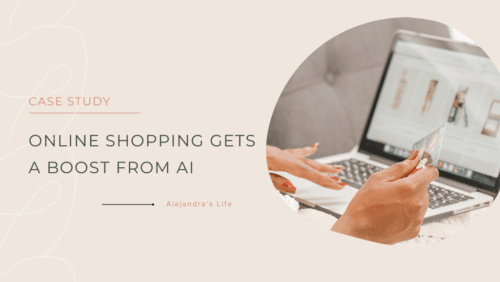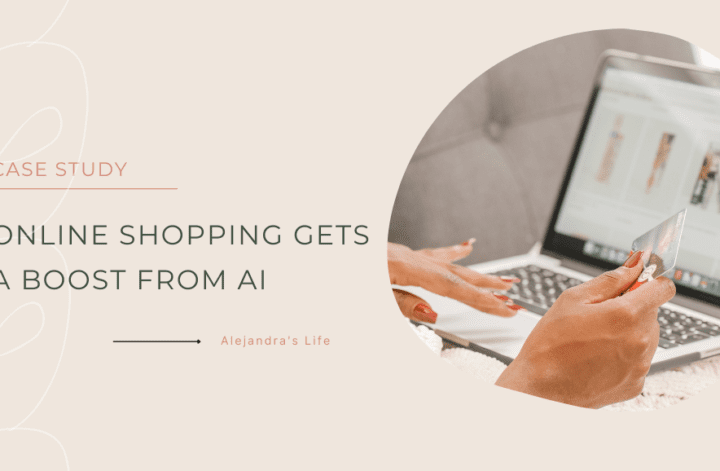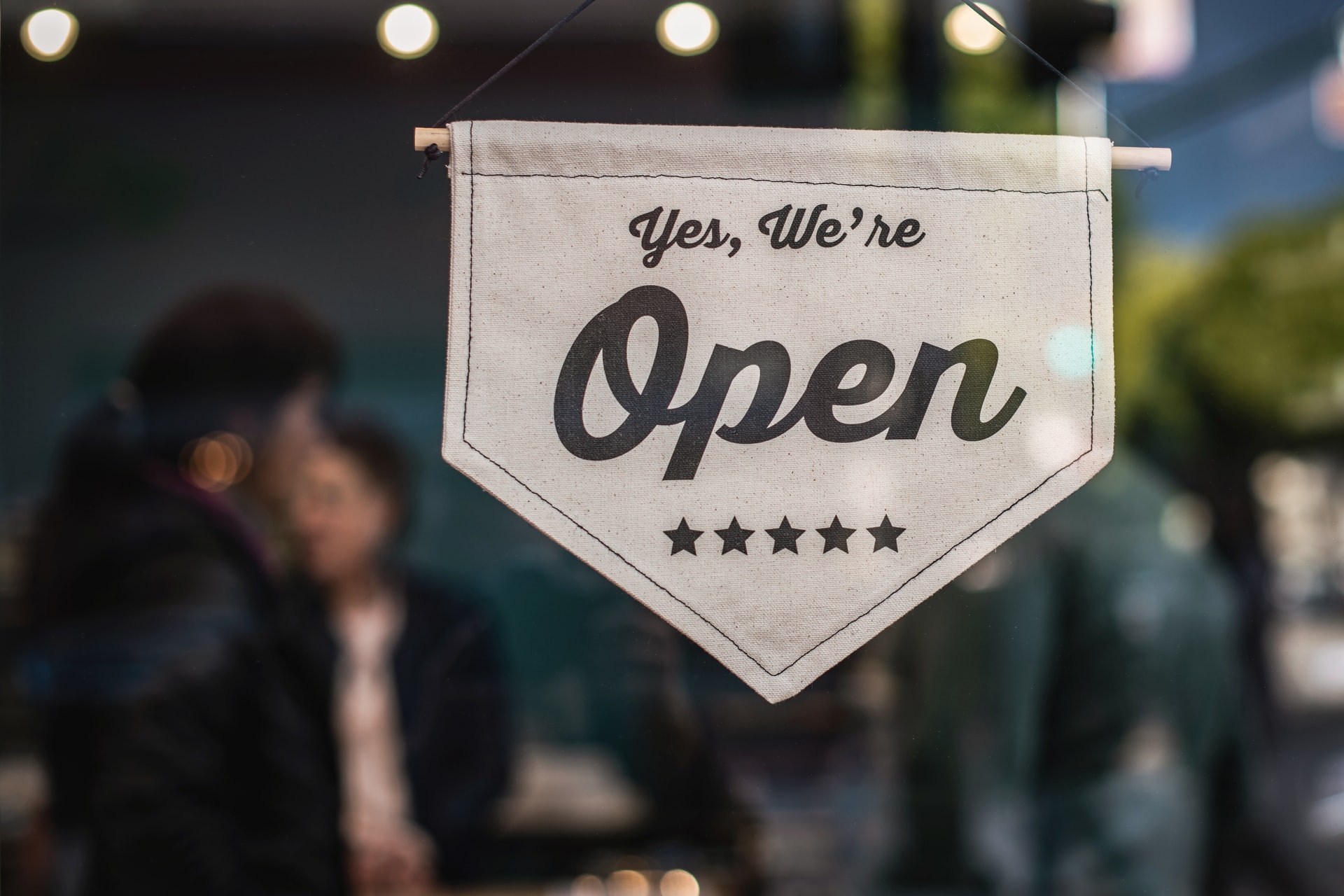In the age of digital transformation, AI technology is revolutionizing the way we shop online. AI-powered algorithms have made online shopping faster, easier, and more intuitive than ever before.
By leveraging the power of AI, shoppers can enjoy an improved user experience while they search for products, compare prices, and make decisions about what to buy.
In this case study, we’ll discuss the impact of AI on online shopping and explore how it’s transforming the industry… But is AI helping clients?
Check the end of this Case Study to download this case study in PDF.
What types of algorithms are used in online shopping?
Algorithms are an integral part of modern online shopping experiences, helping to make the process more efficient and accurate. Artificial Intelligence (AI) algorithms are used to analyse data from customer buying patterns and preferences in order to recommend products that customers may like. Machine learning algorithms are used to identify fraudulent transactions and detect malicious activities.
Natural language processing algorithms are used to allow customers to interact with online stores through voice search or chatbot functions. Finally, recommendation algorithms use customer data to provide personalized product recommendations based on previous buying behaviour. All of these algorithms help to improve the overall online shopping experience for customers, as well as increase revenue for businesses.
Case study – Buying a ticket
-
Entertainment Tickets
Recently, the topic of buying concert tickets has been discussed online. With countries returning to normality, people are eager to return to having fun outside, in special attending festivals and concerts. This topic started to be viral when tickets for Taylor Swift climbed up to $300 and more in certain cities and countries. With the inflation and recession in certain countries, that same price is the price of a mortgage or even a monthly payment. People complained so hard about sites like Ticketmaster, that Taylor Swift decided to sue Ticketmaster on her own because of the price of her tour tickets.
- The real fact: entertainers set up a base price and then retailers will add their cost above.
- The problem? The algorithm works against people based on the traffic generated from that country, city and date.
- The ending: the entertainer still gets the price they asked at the time they signed the contract, but ticket sellers will have a profit of 500% or more sometimes, without sharing with the client (entertainer)
We have proof, when we tried to buy a ticket to see Peter Gabriel from a website. This link was sent to our channels online (as we are fans of Peter Gabriel). Mind you, the venue for this concert is small.
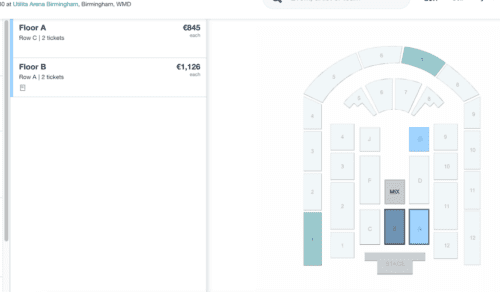
Tickets are now selling from £800 up to £1126. Pic was taken Feb 2023
-
Aeroplane tickets
Similar to buying tickets online, buying aeroplane tickets online in platforms such as eDreams or Skyscanner also uses algorithms to inflate the prices. It depends if you check the same destination for many times, dates and hours. If you select that you are “flexible” then the algorithm will extend the price change into larger data. (Don’t use the flexible option).
If you open an incognito browser, not logged in and check for a flight, the price will be different from checking the same page for the same destination, dates, etc. This will increase each time you search it from a normal browser tab. Try it for yourself.
Also, don’t blame flight companies… they will still receive their original base ticket price.
Case study – Booking a Holiday
Have you tried to book a holiday abroad, and it gets expensive from the price you checked yesterday? It’s true. Sites like Booking, hotels.com or last minute online providers also have the algorithm. In this case, the prices are inflated for several reasons:
- They are inserted into trip browsers like Tripadvisor, making the search worldwide broaden
- Holiday seasons (lower, medium and high holiday seasons, being the peak in July and August)
- Certain holiday dates (Christmas, New Year, Easter, Ramadan, and more religious holidays)
- Traffic/click shared in posts, social media, and Google Ads
- Special situations (King Charles’s coronation, Festivals, conferences)
- High-street travel agencies use the platforms to create packages for their agencies and make sales
- Traffic can generate data such as inbound country/city to outbound country/city, ages, families, going for work, dates, amount of people in the party, extras such as breakfast, late checkout, etc.
While it is almost impossible to circle these and have a cheaper price, even if you use an incognito browser, the data is already there.
A tip: Contact the hotel directly via email. Worth a try. Hotels make a contract with the booking provider in which they share how many rooms they make it available for those dates or service providers, but they also have to put the room cheaper as they need to pay for the service. They get more clients, and they get booked up, so is worth it for their hotel business. But if you contact the hotel directly and try to negotiate, you might get a good discount. You get a discount, and they earn everything 100% with no paid fees to anyone.
Case study – Buying fashion online
In online retail, in special the fashion category, this is more obvious. Sites have been expanding since the pandemic and online shopping is now the 1st option for people to buy clothing online vs the high street shops, originating in shops to close. Many of those shops have been open to the public for more than 242 years as Debenhams, in the UK.
Online retailers not only created a large way to interact with their clients on their social media, but they also decided to localize their websites to get more markets, and ultimately they created Apps for quick shopping.
Apps are easy to share online. Google Ads has now changed the way to create App ads, in which businesses can check easily how many installs and new clients created accounts and even bought through the app. Social media is also the best way to share the Apps with the Ads showing several items, that when clicked open directly the App, or the client downloads the app and creates a new account, therefore shopping for the item.
Websites like Shein did this. They are now worldwide, all websites are translated (what we noticed is that they use the Google translations plugin and are not localized properly as the translation is nonsense). We went after this as we were having fun with the translations.
We decided to open an account in Belgium, and another account in Portugal and download the App set in Portugal. The decision to use the Euro as a way of comparing easily and not the UK vs Portugal because of the daily money exchange rates.
How we did this research:
- Searching for a dress in Portugal costed 21 Euros, in the App costs 21 Euros. The same dress in Belgium costs 18 euros. The delivery address was set to Portugal. Result: Is cheaper to buy in Belgium and have delivered to Portugal.
- Shein gives you a discount based on how much you are going to spend: 35, 75, 90, 120, etc. For a 120 euros bill with 8 pieces in our basket, we had the following discounts In Portugal: in the online account, we had a 23 euros discount; in the App also in Portugal, we had an 18 euros discount. On the Belgium website, we had 12 pieces and on a 140 euros bill we had 27 euros discount. Belgium still leads with cheaper prices, more discounts and more items.
- We did another research. The Shein App invests in Meta Ads and you can see the items in a carousel ad display on Instagram, in which you can click to go to the online website or the app directly. If the ad is seen worldwide or directed to where businesses set the ad to show, thousands of people will click to see the prices. The prices also changed when clicked, increasing those pieces, some of them shown as not available, but increasing the traffic for the website and App and also to the piece advertised, increasing for the brand, store or seller to have more traffic and the piece to show in the Shein website as the “most searched or trending”.
- Shein is made of tiny sellers, similar to Amazon, but Shein is responsible for selling/ dropshipping the items. A seller/store can buy advertising from Shein (as above).
- This is a circle. the ads vs traffic will make the algorithm increase according to the:
Traffic – Country – Piece advertised – Ads – an increase of prices for that specific piece and country-wise.
We picked up the Shein example, but there are plenty of known places such as AliExpress the algorithm and business model are the same. While it helps the business and money to circulate and the economy to move, the client is not so lucky.
In Conclusion: Is AI and the algorithm helping humans?
Yes and No. In this very specific case, algorithms are helping businesses, catching data on their client and markets, and all the analytics surrounding it, but not helping clients. It is great for clients to have a way of finding what they want and is easier but at a different price every time.
In a poll we did on Twitter we got the following responses:



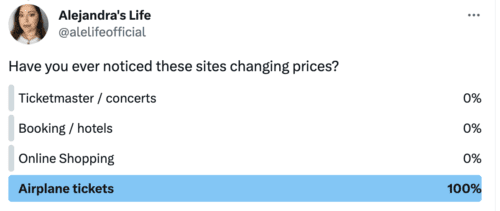
In a crude way, we could say that businesses and clients are being scammed, if not calling it a fraud, and not paying the actual money for what they will receive, sometimes badly manufactured or not fitting/same as the image. In this age and time, being transparent is not only a need but a must-have. People lost their faith in certain aspects and they want to invest their money in proper and honest situations. AI helped to open that path to seeing more thoroughly when checking on items, trips, and tickets but there are things hidden in plain sight and even though everyone speaks about “The Algorithm”, they can’t actually see what is beneath it. More transparency is what we require.
We leave a tip to businesses: To be more transparent, please add how the algorithm works in your privacy policy, or in a disclaimer.
Have you been affected by any of these situations? Comment below your experience.
